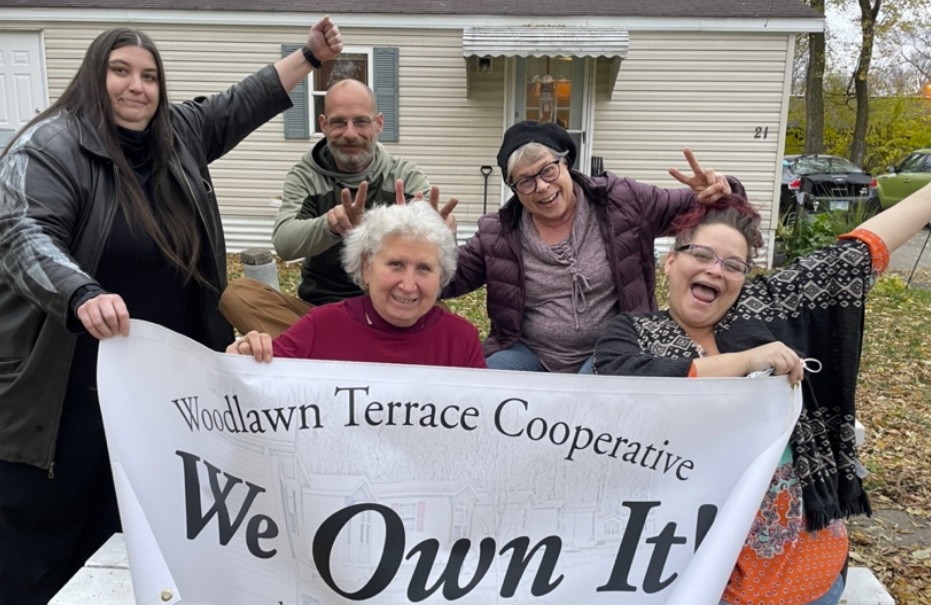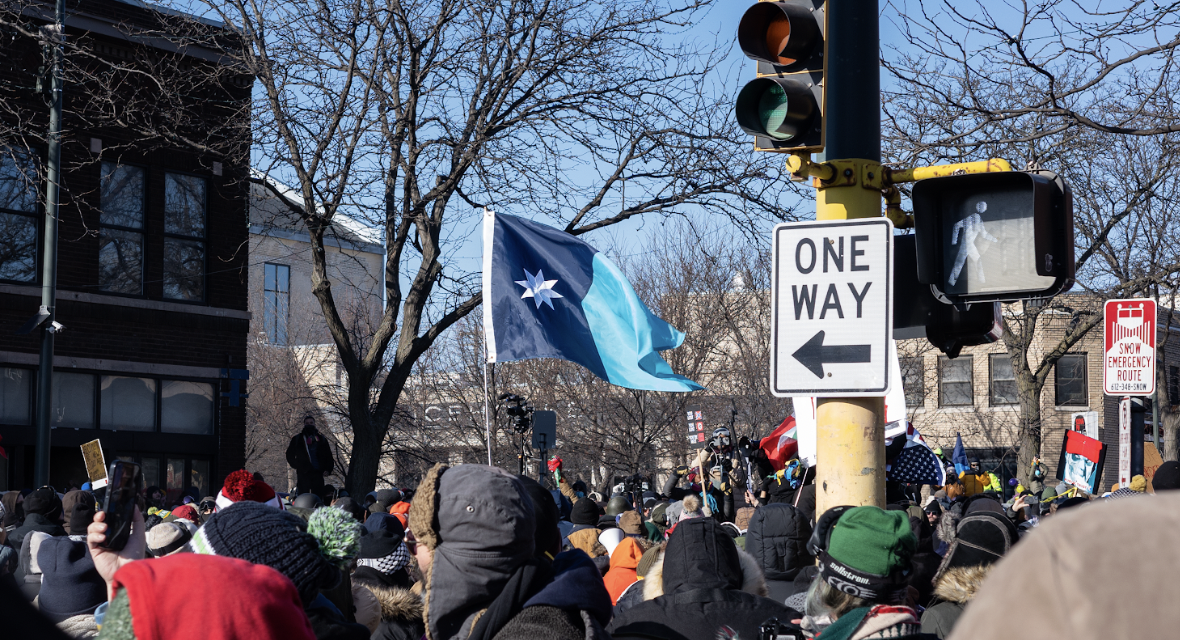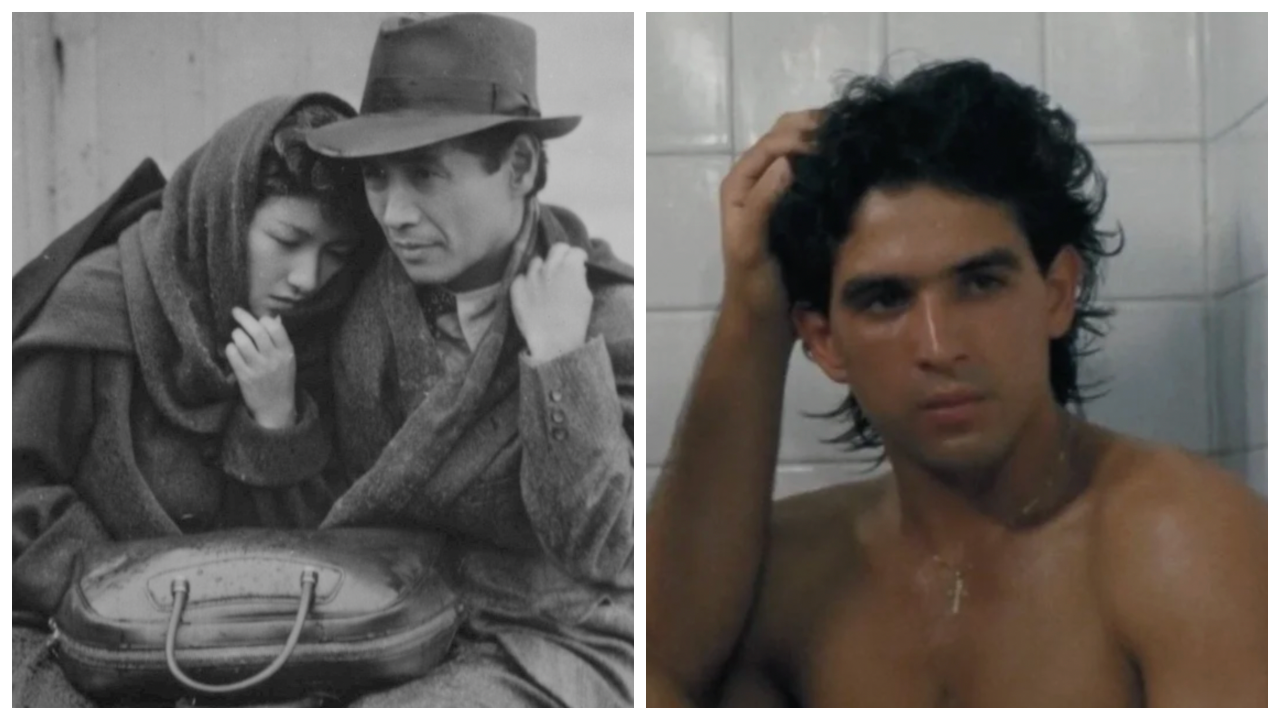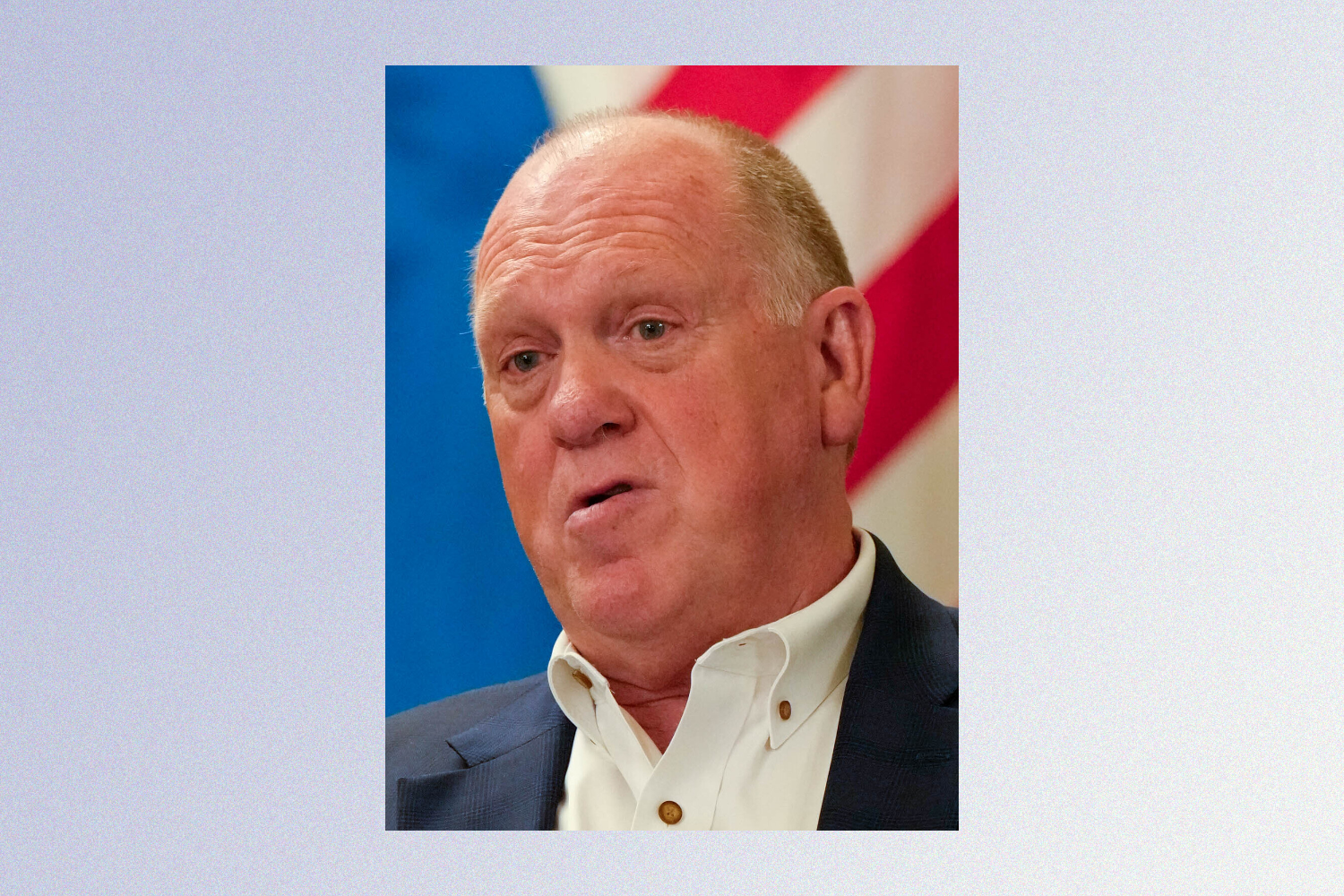Whenever a glitzy developer trumpets "affordable housing," be wary. Density-obsessed YIMBYs who pray at the altar of free-market fundamentals champion such branding, though decades of shifting from public housing to subsidized private-public housing has contributed to a U.S. housing crisis that's currently worse than ever.
Similar to public housing, mobile-home parks have faced decades of stigmatization and depletion. Yet even when you combine the average lot rent (around $500 per month) with a double-wide mortgage, you're looking at a monthly housing bill that falls well below the average two-bedroom Twin Cities apartment rent of around $1,700.
That's actual affordable housing.
"How important are [mobile-home parks] to our national housing stock? Unbelievably important,” University of Colorado sociologist Esther Sullivan told the New Yorker last year. “At a time when we’ve cut federal support for affordable housing, manufactured housing has risen to fill that gap."
Sixteen years ago, Bev Adrian wanted to downsize from her Bloomington home, so she purchased a new double-wide manufactured home and moved into the nearby Shady Lane park. "Two weeks after I purchased the home, I was notified by the park owner that the park was closing," she says, tone still incredulous all these years later.
Adrian became a mobile-home activist almost instantly, rallying her neighbors to collectively purchase the park. "He just said no, totally refused, even though we came up with a $100,000 down payment," she says, noting that the 50-family property was in poor repair.
"The city just wanted it gone," Adrian says. "Cities consider parks blights. Getting rid of them is of primary importance for them, because they can put multi-unit homes in and collect a higher tax base. It’s all about money."
Since 1991, at least a dozen Twin Cities parks have closed. In just the past year, 560 metro mobile-home sites have been sold, 90% of which were snatched by out-of-state buyers, according to the Minnesota Department of Revenue.
"You’re just collecting lot rent on dirt, which is a beautiful model if you care about return on invested capital," Sawgrass Capital Partners CEO Rudy Curtler recently told Twin Cities Business without a hint of ghoulish self-awareness. "[It's a] good margin business."
Adrian moved back into her non-manufactured Bloomington home, but she kept up the fight for mobile home parks by heading the board of directors at All Parks Alliance for Change, a statewide advocacy group. She also became involved with ROC USA, a New Hampshire-based nonprofit that helps residents buy their parks through a co-op model.
Freshly retired and ready again to downsize, Adrian visited a park she'd heard good things about, Richfield's Woodlawn Terrace, and made an offer within five minutes of seeing her eventual home.
“It’s like living in a cabin up north in the woods!" Adrian says of the tucked-away park at 7421 Lyndale Ave. "We have turkeys, foxes, possums, eagles; we’re heavily wooded, with lots of pine trees and maples. It’s a unique situation in that it feels very rural, and everybody knows everybody. There’s a real sense of community.”
Weary from her Shady Lane debacle, Adrian asked the retirement-curious owner about his commitment to the property. The owner, who'd owned and lived in the park since 1978, admitted that a deal had just fallen through.
“Because of my past experience, I said, ‘I know people who help residents purchase their properties as a cooperative,’" she remembers. "And he said, ‘Sure!’"
The process began in September of 2020 with lawn-chair meetings among the 53 families of Woodlawn Terrace. Even though the co-op model meant $100 buy-in fees and $90 monthly rent hikes, the residents still "overwhelmingly" voted in favor of collectively buying their park.
"People here had lived for 10 years in fear of their park closing, from redevelopment or whatever," Adrian says. "They were sitting on the edge of their seat waiting for a developer or a takeover. So when the co-op idea came up, they were thrilled."
With help from ROC and St. Paul's Northcountry Cooperative Foundation, the brand-new Woodlawn Terrace Cooperative secured a $2.8 million loan through the state. The deal closed late last December, making Woodlawn Terrace the 10th resident-owned park in Minnesota. The initiative enjoyed full-throated support from Richfield Mayor Maria Regan Gonzalez.
Woodlawn Terrace members, who'll now pay $625 monthly lot rent, have voting rights and their own board of directors. That includes the old owner, who's moving out of his single-family house at the edge of the park and into a manufactured one. There are already plans to hook the park up to city water, replacing an old and unpopular well. “Nobody likes the water," Adrian confirms.
Priced under $100,000 each, 21 new homes will soon be added to the five-acre property, whose residents now have a hard-won sense of stability. (Richfield homes go for a median price of $324,000, according to Zillow.)
"People know the history of parks closing," Adrian says. "Everybody here now has sense of security in their homes, which is very fragile in manufactured homes communities."







